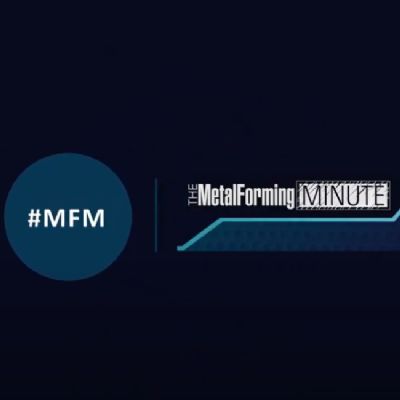An Election Year in Washington: A Full Agenda
January 19, 2024Comments
In Washington, D.C., the year 2023 turned out to be the warmup act for 2024. OSHA began the process of developing its indoor heat rule for when the index exceeds 80 F. The Labor Department released its proposal expanding overtime to make 3.6 million more employees eligible for time and a half. The White House issued its list of 2524 proposed and final rules expected in the coming year. And, Congress began negotiating a bipartisan tax bill to remove the tax on research and development activities.
When it comes to policymaking, this is progress. Unlike a manufacturing plant, at the end of each day, rarely does Congress have a final product to send out the door. Legislation and regulations can take years to develop, but when implemented may have a shattering impact on the metalworking industry.
In 2023, lawmakers sent 34 bills to President Biden for his signature. By comparison, in the last similarly divided Washington in 2019, Congress sent 282 bills to President Trump which become law. Using the measurement of how many laws one passes, thus far this 118th Congress is the least productive in at least half a century.
As the lobbyists for PMA in Washington, D.C., our firm spent much of the past year laying the groundwork for the legislation and regulation that could move in 2024. During hundreds of meetings and conversations with policymakers in the legislative and executive branches, we worked on issues beginning to ripen this year, ranging from tax to trade and environmental and workplace policy.
In 2023, PMA’s lobbying team participated in more than 100 hr. of meetings and briefings on OSHA’s heat rule, which could significantly change operations for thousands of manufacturers. PMA filed comments on the impact on small businesses of mandatory rest breaks every 2 hr., the challenges with cooling workstations to 80 F, and how a one-size-fits-all policy will not work for manufacturing. OSHA is reviewing all comments received on the impact of such a rule on small companies and could move on a proposed regulation this year.
The Department of Labor revealed last year that in April 2024 it would finalize its rule expanding overtime eligibility. Working with coalition partners, in October 2023 PMA filed comments on the proposal that could raise the exemption threshold for covered, salaried, full-time employees to more than $60,000 annually in preparation for the final rule’s release. Also, to lay the groundwork for future regulatory action, last year PMA surveyed its members on a possible lockout/tagout rule change expected in August 2024.
Tariffs on steel and aluminum will continue through at least the November election, though we could see some changes on the exclusion process to request a suspension of those taxes on imports, a process PMA filed comments on in October in advance of possible updates this year. The Biden Administration likely will continue tariffs on Chinese imports of 25% and 7.5%, as calls from Congress increase for a tough stance towards Beijing.








 Video
Video